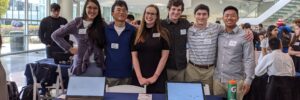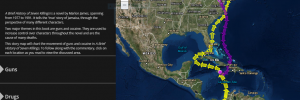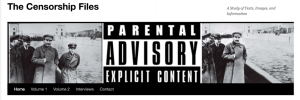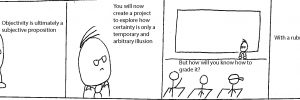7 Brittain Fellows Reflect on Antiracist Pedagogy
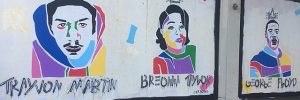
In response to the protests for racial justice during the summer of 2020, we here at TECHStyle discussed steps we could take to promote antiracism and antiracist pedagogy in higher education. As we noted in our call for submissions from August, “Black people have experienced systemic racism for as long as… Continue reading

